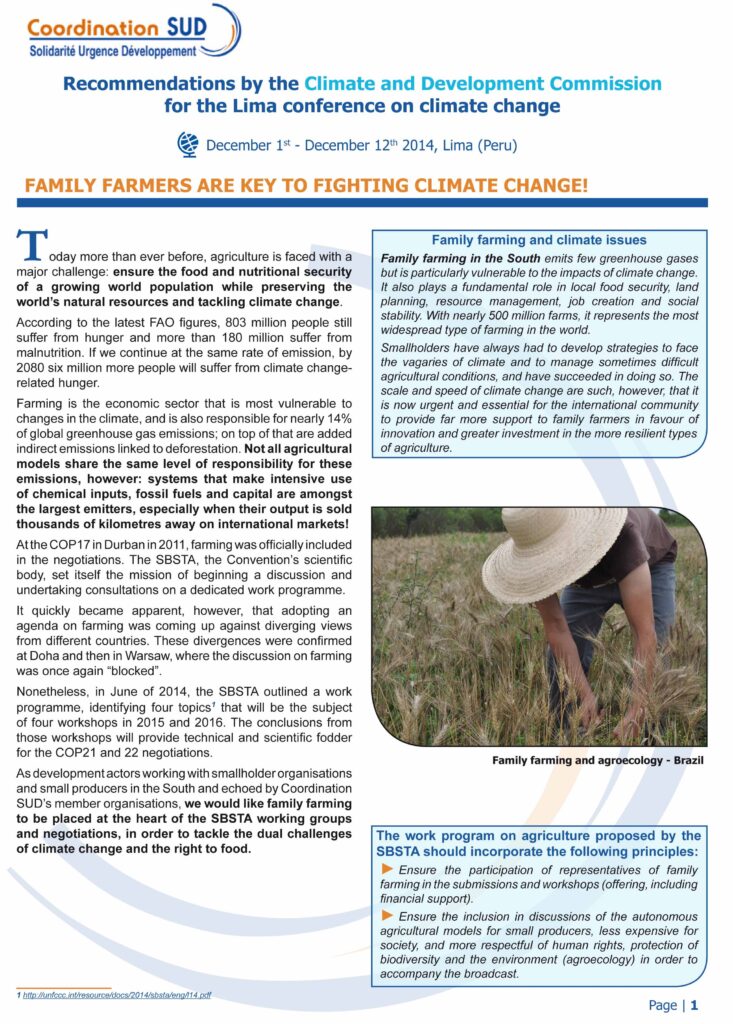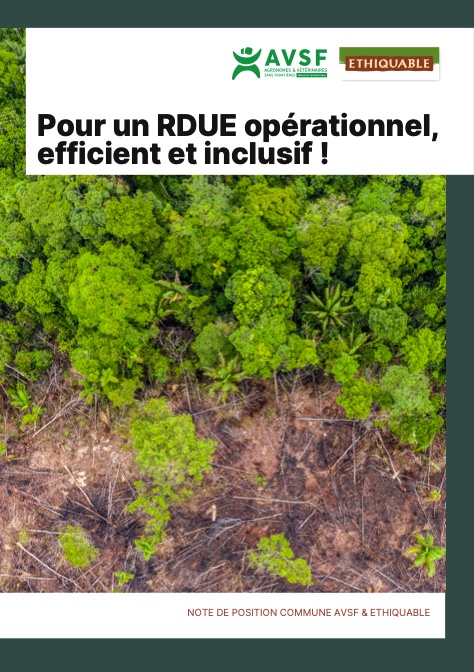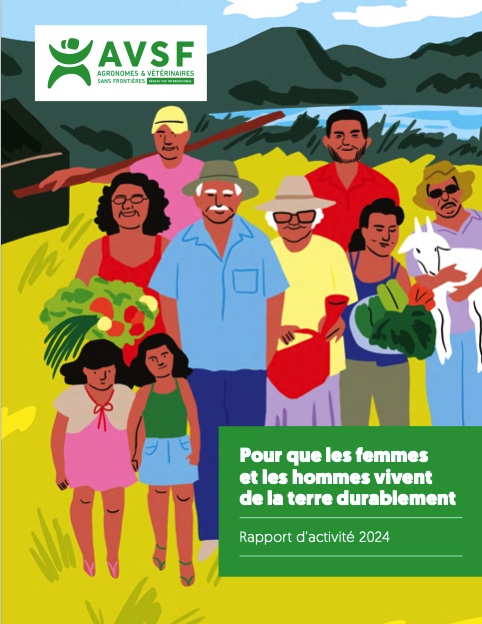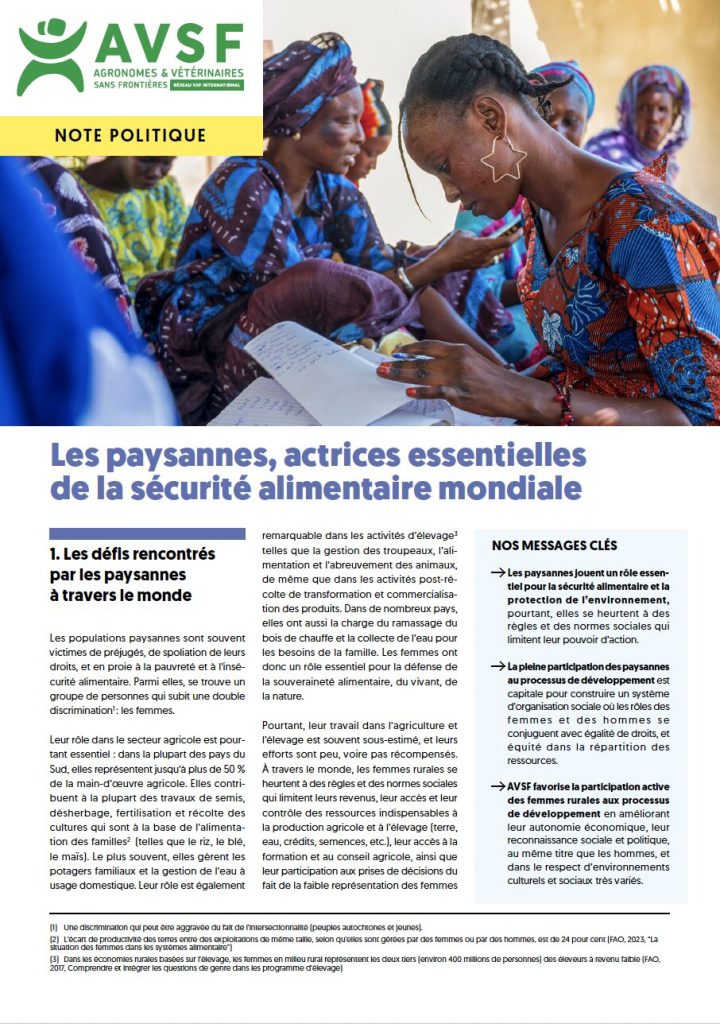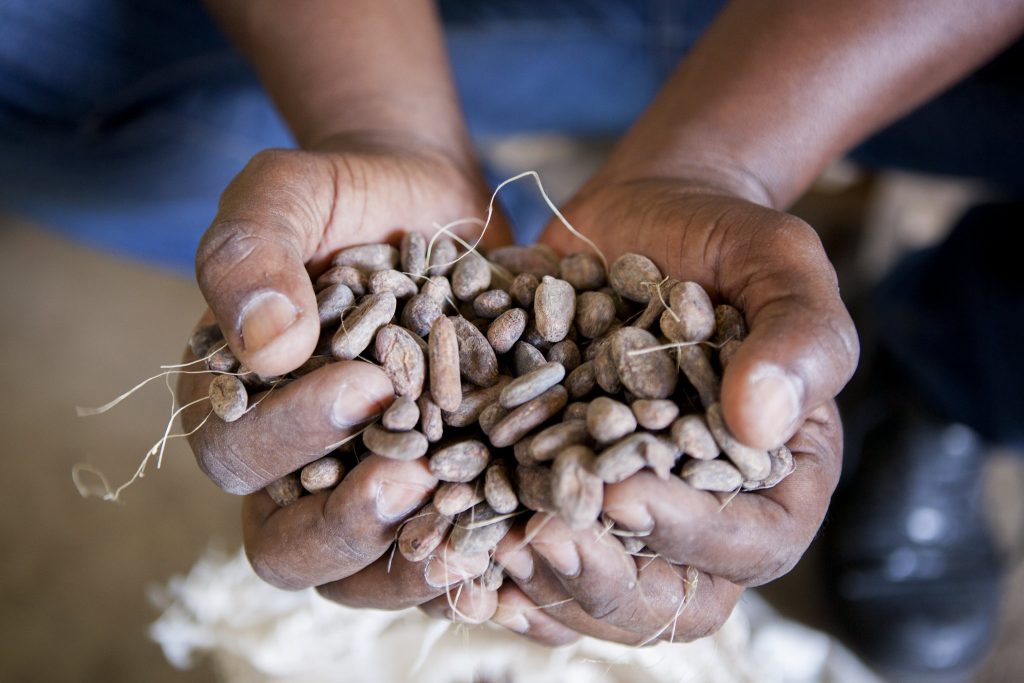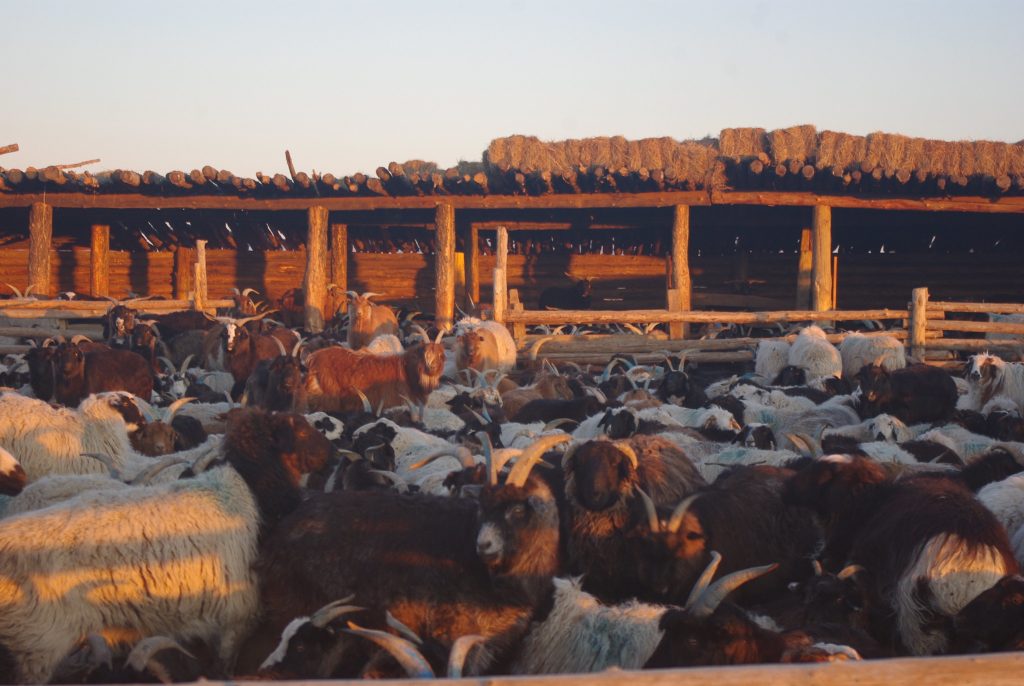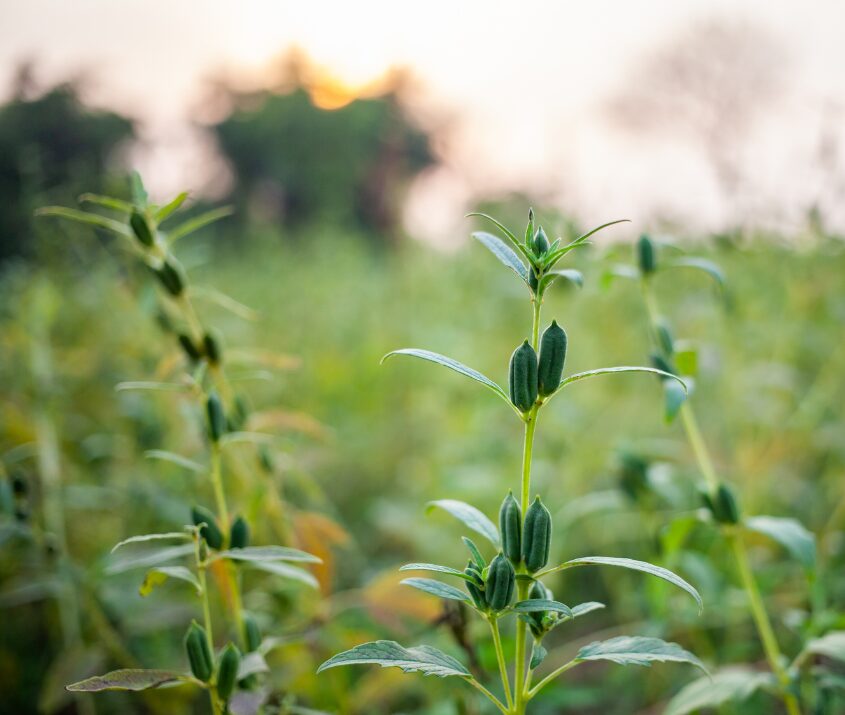Family Farmers are key to fighting climate change!
Recommendations by the Climate and Development Commission of Coordination Sud (France) for the Lima conference on climate change (COP 20 – December 1st – December 12th 2014, Lima – Peru)
Today more than ever before, agriculture is faced with a major challenge: ensure the food and nutritional security of a growing world population while preserving the world’s natural resources and tackling climate change. According to the latest FAO figures, 803 million people still suffer from hunger and more than 180 million suffer from malnutrition. If we continue at the same rate of emission, by 2080 six million more people will suffer from climate change- related hunger. Farming is the economic sector that is most vulnerable to changes in the climate, and is also responsible for nearly 14% of global greenhouse gas emissions; on top of that are added indirect emissions linked to deforestation. Not all agricultural models share the same level of responsibility for these emissions, however: systems that make intensive use of chemical inputs, fossil fuels and capital are amongst the largest emitters, especially when their output is sold thousands of kilometres away on international markets!
At the COP17 in Durban in 2011, farming was officially included in the negotiations. The SBSTA, the Convention’s scientific body, set itself the mission of beginning a discussion and undertaking consultations on a dedicated work programme. It quickly became apparent, however, that adopting an agenda on farming was coming up against diverging views from different countries. These divergences were confirmed at Doha and then in Warsaw, where the discussion on farming was once again “blocked”. Nonetheless, in June of 2014, the SBSTA outlined a work programme, identifying four topics1 that will be the subject of four workshops in 2015 and 2016. The conclusions from those workshops will provide technical and scientific fodder for the COP21 and 22 negotiations.
As development actors working with smallholder organisations and small producers in the South and echoed by Coordination SUD’s member organisations, we would like family farming to be placed at the heart of the SBSTA working groups and negotiations, in order to tackle the dual challenges of climate change and the right to food.
